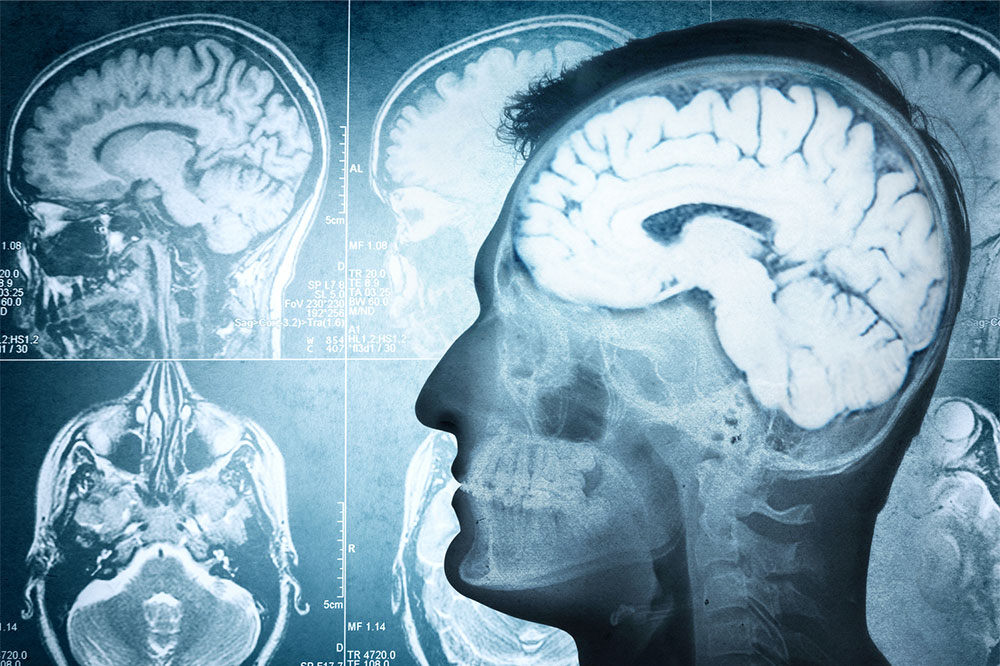Enhance Cognitive Function and Memory Naturally Through Optimal Nutrition Strategies
Discover how proper nutrition can naturally boost your brain health, improve memory, and enhance cognitive functions. Learn about essential vitamins and nutrients, their benefits, and dietary sources to help maintain mental sharpness and prevent cognitive decline over time.

Enhance Cognitive Function and Memory Naturally Through Optimal Nutrition Strategies
Maintaining sharp cognitive abilities and robust memory functions is essential for everyday life, productivity, and mental well-being. One of the most effective ways to support brain health is by focusing on proper nutrition. The nutrients we consume daily serve as crucial building blocks for brain cell maintenance, neural communication, and overall mental performance. A well-balanced diet packed with vital vitamins and minerals doesn’t just support physical health; it also plays a pivotal role in sharpening focus, improving memory retention, and elevating energy levels. Recognizing how different nutrients influence brain functions can help individuals make informed dietary choices that lead to noticeable cognitive improvements over time.
Building better brain health through nutrition requires patience and consistency. Your body primarily relies on food to sustain its basic functions and facilitate recovery, but it also directs specific nutrients to enhance cognitive processes. Long-term commitment to a nutrient-rich diet ensures more significant cognitive benefits. Importantly, the process involves gradual accumulation of nutrients like vitamins and minerals that support neural integrity and cognitive resilience. For optimal results, a steady intake of key nutrients must be maintained over an extended period, which can significantly impact overall mental clarity and memory performance.
Vitamin E: The Neuroprotective Antioxidant
Vitamin E stands out among nutrients for its powerful antioxidant properties that bolster neural health. It protects brain cells from oxidative stress and shields the nervous system from age-related deterioration. This vitamin contributes not only to mental clarity but also to cardiovascular health by supporting nerve integrity and improving blood flow to the brain. Including Vitamin E-rich foods such as nuts, seeds, and leafy greens in your diet can support cognitive functions and memory. However, moderation is key; excessive intake may have adverse effects, so following recommended dosages is important for safe consumption.
Vitamin B12: Essential for Brain and Nervous System Function
Often overlooked, Vitamin B12 plays a vital role in maintaining brain health. It is essential for red blood cell production, DNA synthesis, and nerve signal transmission. A deficiency in B12 can lead to fatigue, memory lapses, and cognitive decline. Most individuals obtain sufficient B12 from animal-based foods such as meat, eggs, and dairy products. However, those with absorption issues or restrictive diets may require supplements. Maintaining adequate B12 levels supports rapid information processing, enhances concentration, and helps prevent neurodegeneration as you age.
Omega-3 Fatty Acids: Brain’s Nutritional Powerhouse
Omega-3 fatty acids, particularly EPA and DHA, are critical for maintaining optimal brain structure and function. They are known to enhance neural communication, promote neuroplasticity, and support memory retention. Omega-3s contribute to neurogenesis and repair, especially in aging populations, and have been linked to improved academic performance in children. Regular consumption of fatty fish like salmon, mackerel, or dedicated omega-3 supplements can help reverse memory decline and promote cognitive resilience in adults. The anti-inflammatory properties of Omega-3s also contribute to overall mental health and mood stability.
Vitamin B (Folic Acid): Boosting Focus and Mental Energy
Folate, also called Vitamin B9, is crucial for maintaining high energy levels and mental clarity. It improves oxygen transport in the bloodstream, supports healthy cell growth, and aids in neurotransmitter synthesis. Adequate folate intake can help combat fatigue, sharpen focus, and improve recall. Consuming leafy greens, legumes, and fortified foods regularly ensures a steady supply. For pregnant women and individuals at risk of deficiency, supplementation is often recommended under medical supervision to optimize brain health and cognitive performance over the long term.
Vitamin C: Enhancing Focus and Cellular Protection
Vitamin C is an essential nutrient known for its antioxidant properties that protect brain cells from oxidative damage. It also plays a critical role in supporting the immune system, which in turn influences brain health indirectly. Adequate Vitamin C intake can improve concentration, especially in children, and support overall mental alertness. Fruits like oranges, strawberries, and kiwis, along with vegetables like bell peppers and broccoli, are excellent sources. Combining Vitamin C with other nutrients creates a synergistic effect, enhancing cognitive resilience and maintaining mental sharpness. Always consult healthcare providers before making significant dietary changes or starting supplements.
In conclusion, nourishing your brain with the right nutrients is a proven, effective strategy for enhancing memory, focus, and overall cognitive health. While dietary choices are fundamental, understanding the specific roles of vitamins and minerals can help you tailor your nutrition plan effectively. Remember, gradual improvements require consistency and patience. Integrating a variety of nutrient-dense foods into your daily diet initially yields the best long-term results, enabling you to enjoy clearer thinking, better memory, and increased mental energy as part of your holistic well-being regimen.





